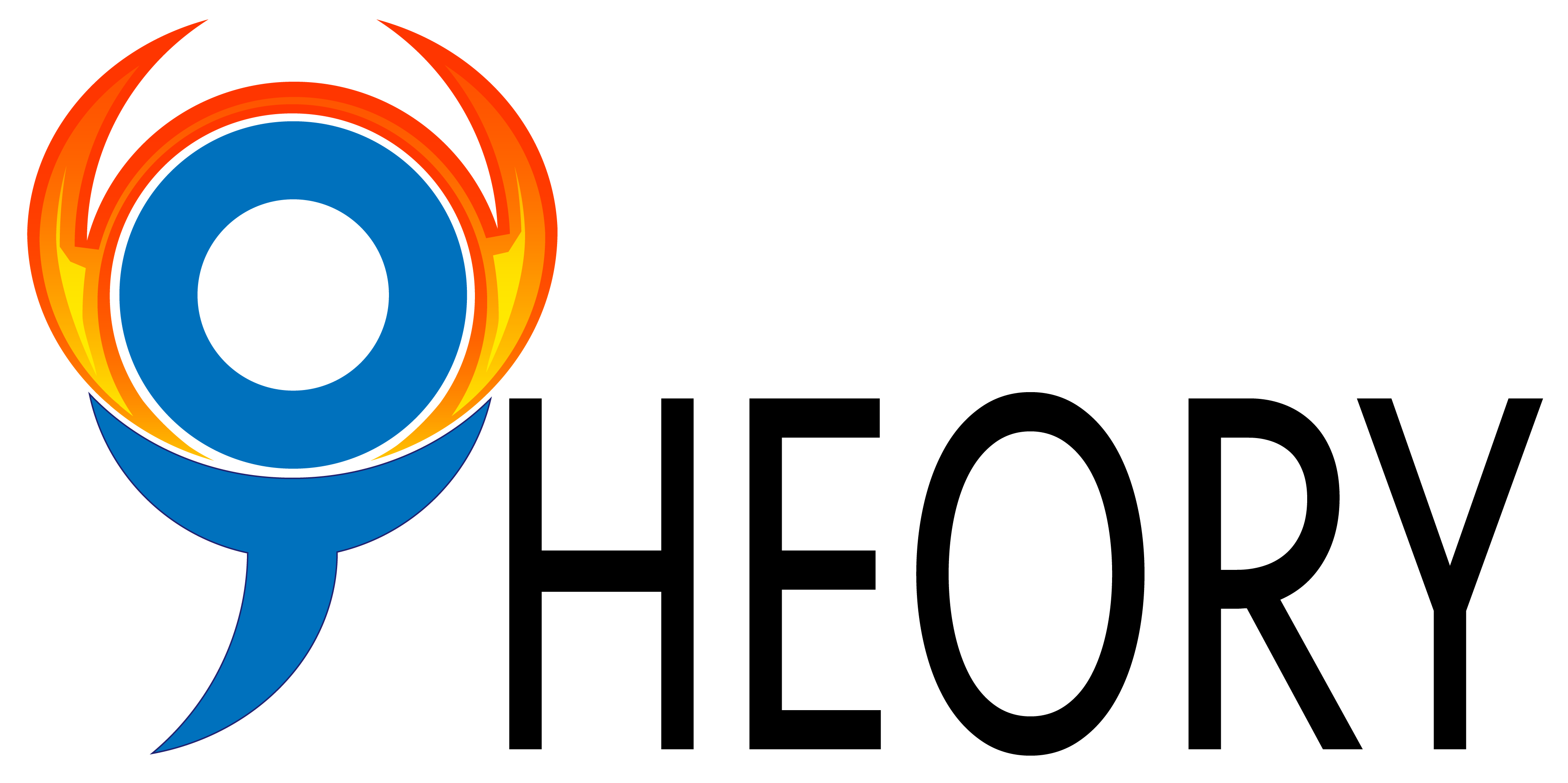The Accountability-Well-being-Ethics (AWE) framework incorporates the humanist and contextualist perspectives to create a balanced foundation of client-centered profession. The conceptual cores include sociocultural, well-being, social/occupational justice, promoting capabilities, accountability, qualitative stories, contingency, hope, solidarity, person directed, coach/partner, and facilitating empowerment, in contrast to different concepts of biomedical health care. This framework is structured for use in education, research, and clinical practice for occupational therapy globally. It provides a philosophical base for the profession, and guides the development of the different areas in occupational therapy. In education, the framework is applicable in curriculum and instructional design. In research, it can be a philosophical foundation to guide the research and to develop evidence-based interventions. In practice, it helps occupational therapists to expand their roles in community-based practices and global approach. The framework also roots the idea that the problems of health disparities, diseases, and disability should be accounted by the whole world instead of individuals. It creates a holistic approach for balancing both science and evidence-based practice, and incorporates the core ideas of occupational therapy, including quality of life and the lived experience of populations.
Summarized by
- Louise Pang
Type
- Framework
Population
- Child
- Adolescent
- Adult
- Elderly
Disability
- All
Domain of occupation
- All
Application Note
The framework can be applied to occupational therapy practices, research, and education.
Key Reference
Taff, S. D., Bakhshi, P., & Babulal, G. M. (2014). The Accountability-Well-Being-Ethics framework: A new philosophical foundation for occupational therapy. Canadian Journal of Occupational Therapy, 81, 320-329.
Year Published
- 2014
Primary Developer
- Steven Taff
Primary Developer Email
- taffs@wustl.edu
